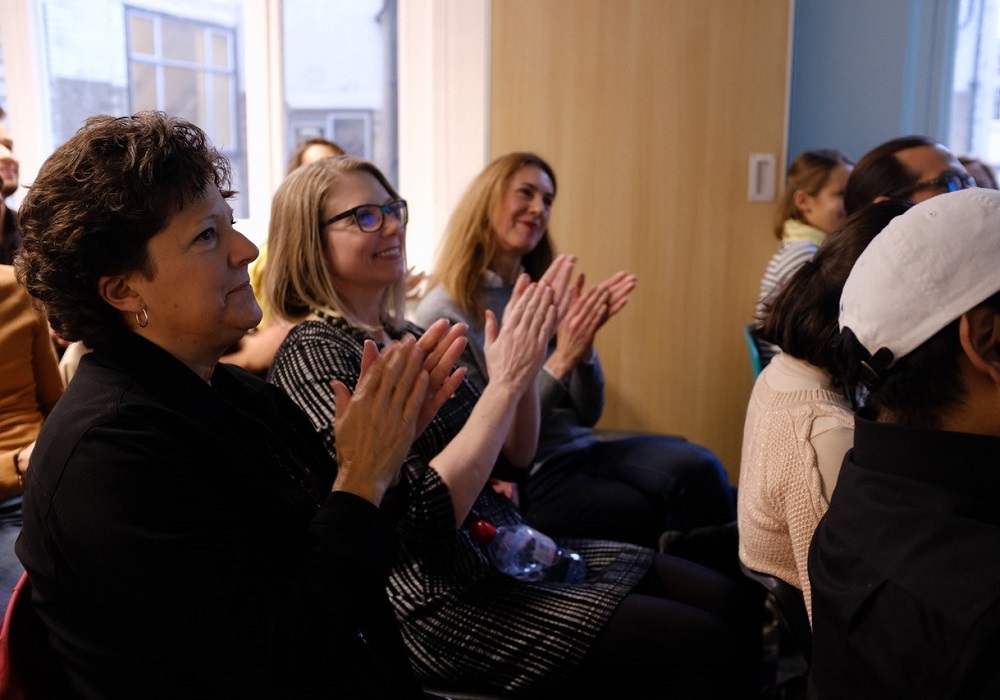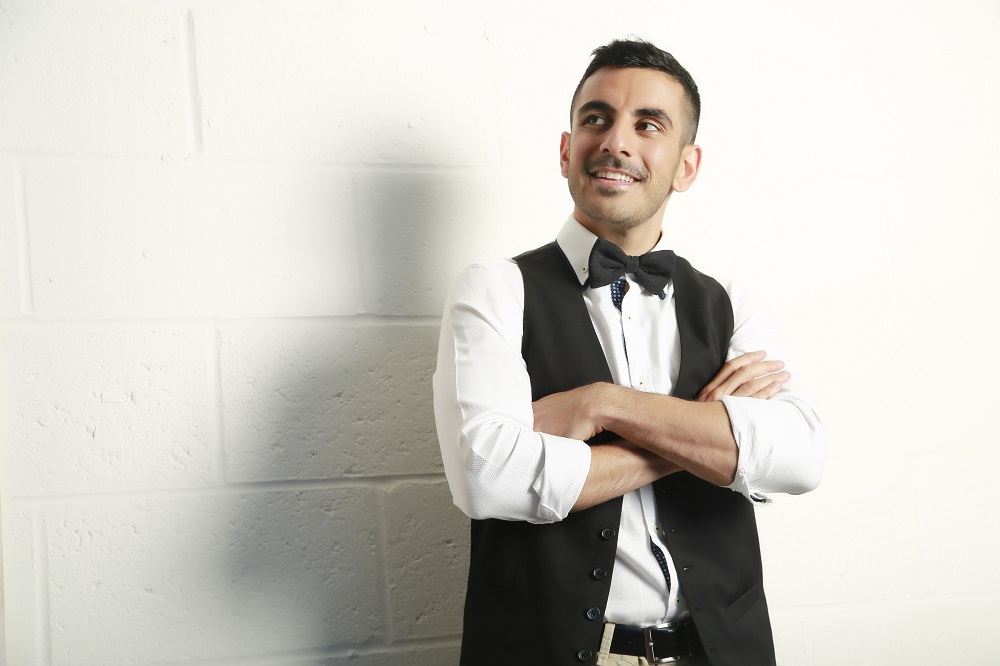The bad news is, you’re an idiot. But the good news is, there are 7.5 billion other idiots out there.
Mirror, mirror on the wall, what’s the condition of us all? The mirror’s answer may be found in the interplay between order and chaos, where mankind rests. Departing from the fairy tale into real life, the answer was discussed in Studio B Unscripted – a show which brings together two people from different backgrounds to debate some of the biggest issues of our time. This episode of the show brought together Alain De Botton, founder of The School of Life, and Ayishat Akanbi, artist and fashion stylist of famous musicians. Their discussion was a kaleidoscopic journey, one that felt like a lightning streak carving a new yet forgotten memory of our human condition.
The Good, The Bad and The Human
As human beings, we seem to have a hypnotic attraction towards knowing about ourselves and others. However, knowing is not understanding, and we seem to know a lot yet understand so little about our condition. In our unquenched desire for knowledge, we categorise experiences as Good vs. Bad, therefore forgetting the full spectrum of their nature, one that is imperative for understanding our condition.
When we categorise something as Bad, it becomes untouchable and unspoken, with its admittance feeling like a daunting task, a plunge into chaos, a raw recognition of one’s brokenness and the vulnerability that comes with it. The Bad may thus seem as isolation from mankind. Nevertheless, we forget that we are all devils of our hells, and even those seen as evil are wounded children long forgotten in their pain, hiding under the mask of adulthood.
At the same time, we cast the Bad aside in an attempt to leave the fantasies about the Good undisturbed, while constantly reinforcing them through the media. We tend to consume Hollywood movies with more ease than air, overindulging in ordered and almost flawless scenarios of what experiences of friendship, love, family, and others should be like, and feeling disturbed if these deviate from our expectations. Order is the dream, chaos is the nightmare.
Ironically, understanding our condition may then not lie in Hollywood movies but in novels such as Dostoevsky’s that help us to understand even protagonists are regarded as monsters by shedding light into their apparent darkness. The Bad might thus not be as unattractive as it looks at the first mirror glance, despite lacking the irresistible beauty of the Good.
Hope Is Never Lost, Just Forgotten
So, is there any hope for humankind? If we follow the myth of Pandora’s box, there’s hope even after all the evil is unleashed. For it is hope that simultaneously bursts forth, breaks in and creates a space for potential growth. So, our condition may not be as tragic as it sounds – unless you’re an eternal pessimist like Nietzsche.
If we were to redefine our notions of Good and Bad, allowing experiences to flow along a spectrum rather than be cast into opposing corners, we might be able to build a bridge between these two current extremes. However, understanding is a skill to be built that needs to be constantly exercised. For that, we need a society which allows us to do so, where the escape from our personal hell and understanding of the wide spectrum of the human condition does not have to rest in the stories of Dostoevsky and others alike. Meanwhile, if you wonder what you should do when you become tormented by your condition, asking “Am I an idiot?”, just remember Alain’s words: “The bad news is, you’re an idiot. But the good news is, there are 7.5 billion other idiots out there.”
In the end, it may be that our human condition lies between order and chaos, in an eternal game of dismantling and putting pieces of our puzzle together again. But that’s the most beautiful part, as we can become the artists of our own and greatest masterpieces, ourselves. And that needs to be celebrated, not hidden. Then again, nobody said it better than Nietzsche:
“One must still have chaos in oneself to be able to give birth to a dancing star”




